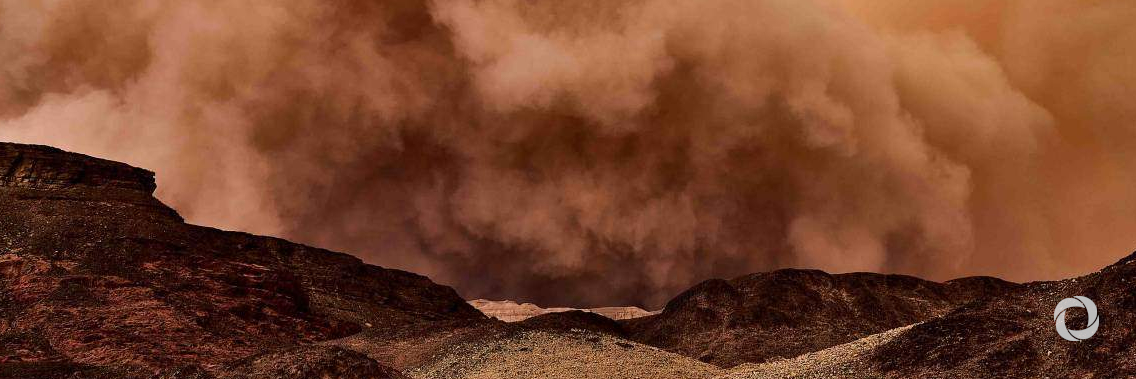A new international coalition has been launched to strengthen coordinated action on sand and dust storms, which have damaging impacts on human health, the environment and key economic sectors in many countries around the world.
WMO is one of the partners in the coalition, which includes the UN Convention to Combat Desertification (UNCCD), UN Development Programme (UNDP), UN Environment (UNEP), UN Food and Agriculture Organization (FAO), the World Health Organization (WHO) and World Bank – among other institutions.

It was launched at the UNCCD Conference of the Parties in New Delhi on 6 September.
Sand and dust storms are a phenomena severely and increasingly affecting 151 countries- areas in Africa, Asia, North America and Australia, tweeted UNCCD Executive Secretary Ibrahim Thiaw. “It is a global crisis.”
The move, spearheaded by the UN Environment Management Group, comes in response to UN General Assembly resolutions requesting more coordination between the efforts of various UN bodies in combating sand and dust storms and involving country institutions.
WMO was one of the first UN Agencies, that started addressing the problem of sand and dust storms. Since 2007 WMO and partners have implemented a Sand and Dust Storm Warning Advisory and Assessment System (SDS-WAS). This enhances the ability of countries to deliver timely, quality sand and dust storm forecasts, observations, information and knowledge to users through an international partnership of research and operational communities.
The new coalition will harmonize the efforts of various UN bodies in order to realise the most effective way in combating sand and dust storms and reducing duplicated efforts. It will have five different working groups:
- Forecasting and early warning: WMO, UN Environment
- Health and safety: WHO, WMO
- Policy and governance: UNCCD, UN Environment
- Mediation and regional collaboration: Economic and Social Commission for Asia and the Pacific, UN Economic Commission for Europe and other regional commissions
- Adaptation and mitigation: UNDP, UNCCD, FAO, Economic and Social Commission for Western Asia (co-lead).
Original source: WMO
Published on 06 September 2019

